News & Stories
The stories of the Faculty of Arts and Sciences: the achievements and activities of our faculty, departments, and programs.
Search & Filter
Applied Filters:
-
Messeri was awarded the honorable mention for this year’s Ludwik Fleck Prize in Science and Technology Studies for her book "In the Land of the Unreal: Virtual and Other Realities in Los Angeles."

-
At a recent pop-up exhibit, Yale College students displayed Martian artifacts they created as part of a world-building exercise for an anthropology class focused on outer space.

-
In a Q&A, Christen Smith discusses her research in Black communities in Brazil, the undervaluing of Black women’s scholarly contributions, and her favorite ways to unwind.

-
Laura Nasrallah and Leslie Gross-Wyrtzen received fellowships from the American Council of Learned Societies to recognize their excellence in humanities and social science research.

-
A Yale anthropologist's study of a remarkably well-preserved skeleton of Mixodectes pungens offers insights into mammals’ evolutionary trajectory after non-avian dinosaur extinction.
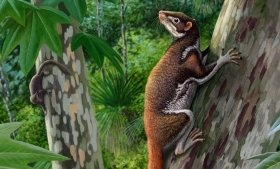
-
A first-of-its-kind study shows that experiencing violence and trauma leaves a heritable imprint on the human genome.
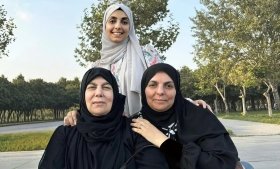
-
In a new book, Yale anthropologist Dove argues that a more holistic approach to the study of natural history would help counter growing skepticism of science.
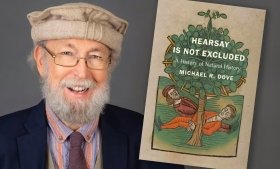
-
Incoming FAS faculty member Christen Smith illuminates the impact of police violence on Black communities in Brazil and the United States.
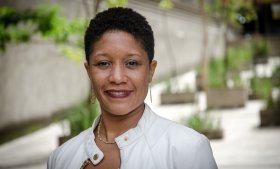
-
Using 25 years of genetic and demographic data, Yale researchers shed light on what causes owl monkeys to leave their parents.
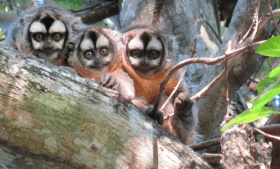
-
Field-based research is integral to science, but logistical constraints limit who can do the work. A Yale researcher wants to lower the barriers.